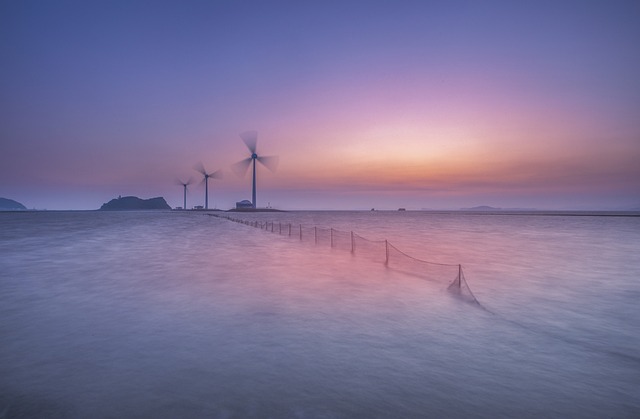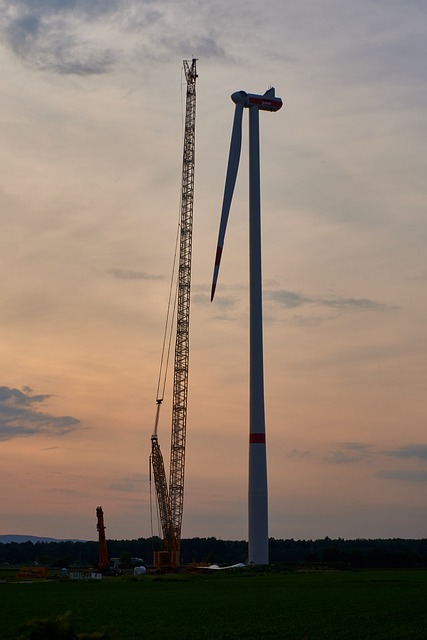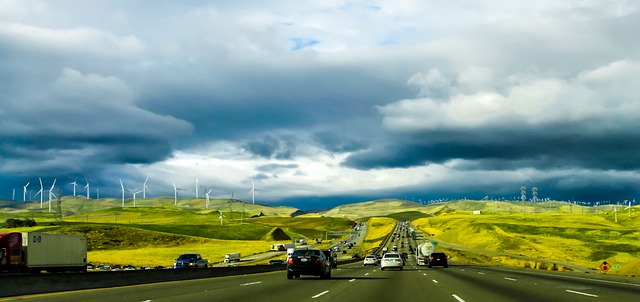
It’s more popular than ever to go green. Not only can you help the environment in a lot of different ways, but you can also save money using green energy. This article should provide the information you need to utilize green energy for your home today.
Government grants are available to help consumers invest in renewable energies. Check with the local government and see what programs are available to you. For example you may be able to qualify for a grant for the installation of solar or wind powered technologies.
You will find that it’s easy to get solar panels and they’re a great way to get energy for your home. There are several things that should be considered prior to installing solar panels. The most important consideration is how much your home is exposed to sunlight. If you live in an area that gets few sunny days, or your property is full of shade trees and tall bushes, you will have trouble gaining enough solar power for your needs.
Furnace filters should be replaced annually, and check them monthly for cleanliness. Also, you may want your warm-air registers to have filters. These filters keep children’s toys, dirt or dust from clogging the heating ducts.
Electric heaters are an energy hog and should be avoided as much as possible in the winter. They are not environmentally friendly. A fireplace for the living area, wearing warmer clothing and purchasing some slippers are all greener ways of keeping the family warm. It is better to sleep in cooler air, it helps you breathe, and keeps your airways moist.
Active Solar Power
Learn the difference between passive and active solar power. Active solar power is stored so it can be used later, but passive doesn’t need pricey solar panel cells to store power. To use active power it requires mechanical systems, solar panels and cells. Passive energy is about using windows and insulation to keep your home warm and well-lit.
Keep up-to-date with tax rebates for making your home more energy-efficient. Sometimes, the local electric company will provide rebates to cover the cost of upgrading. You may also qualify for tax credits or deductions from your state or from the federal government. These rebates and credits can substantially reduce the cost of installing green energy technology in your home.
Leave yourself reminder notes to decrease energy usage, and frequently compare past bills with current ones to see if you’re making strides. When you’re more conscious of the energy you consume you can help to reduce costs in all areas of your life. So when you make true conscious efforts to reduce your electrical or water usage you make up a good habit of turning off appliances or lights which in turn helps your bill and the environment.
Replacing an old boiler can save energy. A lot of the old boilers weren’t constructed with energy saving in mind, as opposed to the newer ones which are much more energy efficient. Not only will you reduce the carbon dioxide being emitted, but your energy costs can be greatly lessened.
Less Energy
Energy Star appliances help save energy. Energy Star appliances are guaranteed to use less energy than those made previously. Refrigerators and freezers use about 20 percent less energy, while the energy that washing machines use is cut in half.
Use a microwave as often as you can to save energy at home. When cooking on, or within, the stove, a lot of energy is used. Take advantage of the microwave when you can.
The easiest and best way to decrease energy expenses in the home is to simply turn off lights and devices when you exit a room. Developing this habit can save you a surprising amount of energy over the long term. An additional advantage is lower electric bills.
When you are shopping for items made of wood, consider things made from bamboo. Bamboo is a very green product and is technically a grass, but it is stronger than many commercially available woods. It grows quickly and can be used and sold for a variety of purposes, from cutting boards to flooring. This saves energy on both the production and reclamation ends of the manufacturing process.
You have hopefully gotten a lot of benefit out of reading this article and can now act to save energy at home. Using energy that’s green can not only be very useful but it can make a person feel good. Put these strategies to work to make the appliances in your house greener and a lot more efficient.


